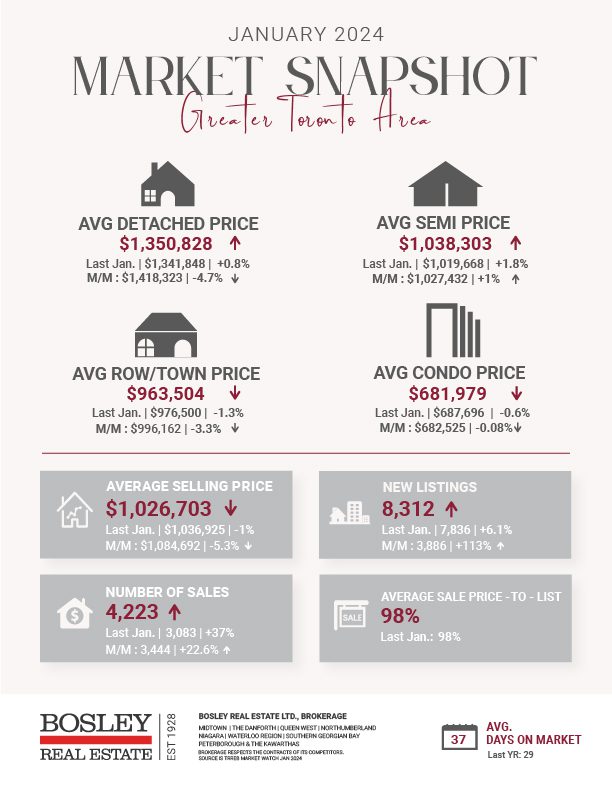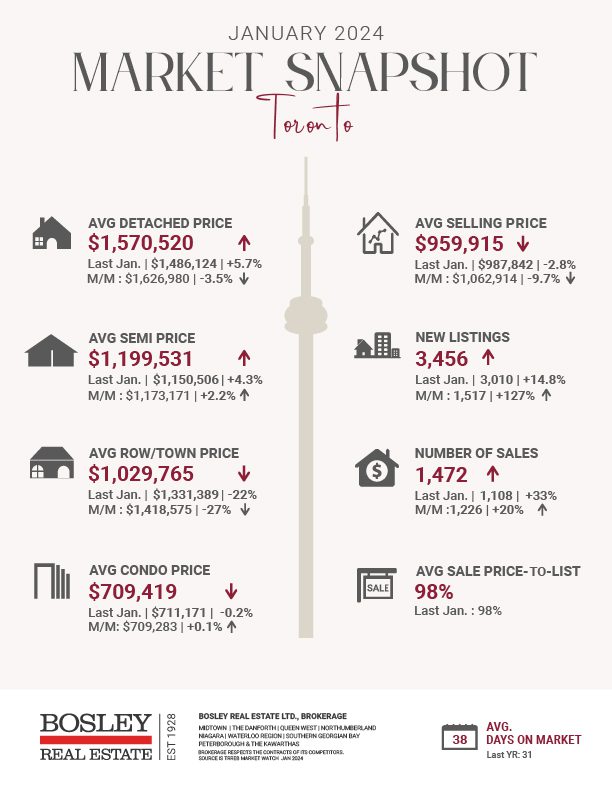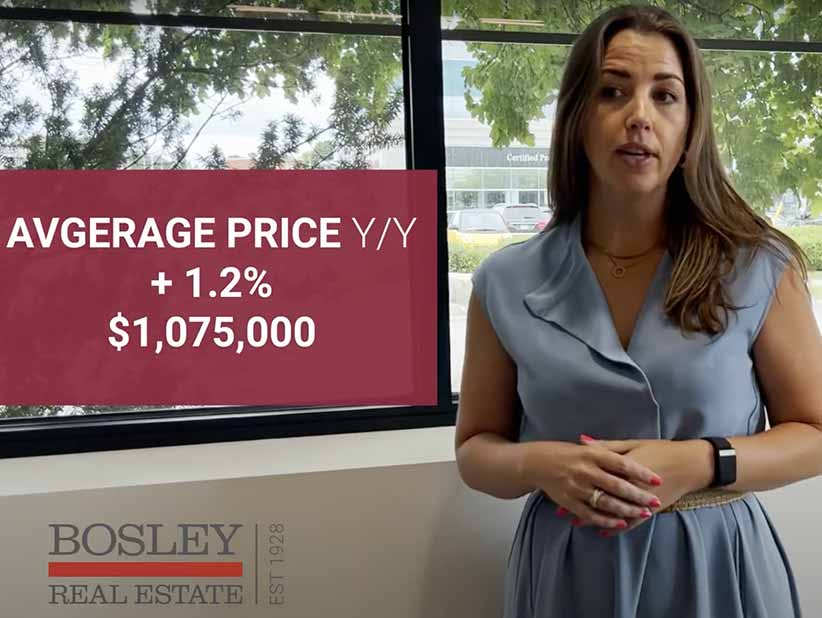


So it’s official! City Council voted in favour of the 9.5% increase to the residential property tax rate when they met on Wednesday to finalize the 2024 budget.
The tax hike, bigger than any since the city’s amalgamation in 1998, was opposed by some councillors, who argued that residents were already struggling with inflation and high mortgage payments, and called on the city to reduce its costs instead. But in the end the increase passed by a vote of 18-8.
The 9.5 percent hike means that the average Toronto household will pay just under a dollar more a day, or an average of $338 for the year as the municipal government digs itself out of a financial hole and their $1.8-billion shortfall for this year. By law, the city cannot run a deficit.
In addition, the budget includes base property tax increases of 2.95% for multi-residential properties, 4% for commercial properties and 8% for industrial properties With this new record high property tax increase this week, statistics show a growing number of seniors are asking for exemptions from bigger tax bills.
Almost 8,300 homeowners successfully applied for Toronto’s property tax increase cancellation program in 2023, according to figures provided by the city. That was an almost 44 per cent increase from 2018, when about 5,800 applications were approved.
The program scraps tax increases for eligible applicants and was designed to provide financial relief for seniors and people with disabilities on fixed incomes. A related program allows homeowners to defer payment of property tax hikes. The number of approvals under that program is smaller, at fewer than 400 last year, but is also growing. The city estimated in 2022 that these tax relief programs cost the city about $3.8 million a year.
Mayor Chow said the city had kept tax increases low in past years by draining its reserve funds, skimping on services and deferring repairs and maintenance. She said Torontonians will see an immediate difference in exchange for the tax increase, including a $50-million fund aimed at fixing visible signs of the city’s decay such as shuttered public washrooms, broken water fountains and dirty sidewalks.
This is Ms. Chow’s first budget since winning the election last year. She would not speculate on next year’s property-tax hike, saying it depends on whether senior levels of government support cities and how coming contract talks with the city’s unions go.
Other highlights from the 2024 budget include investments of $126M into affordable housing and shelters, $30M into transit services and environmental sustainability, $44M into community services and supports, as well as a $50M ‘back on track fund,’ that will be used to support urgent state-of-good-repair work, address infrastructure deficiencies, and make certain public space enhancements.
Here are the top 5 trending stories of the week:
- CREA challenges extension of foreign homeownership ban | “The Canadian Real Estate Association (CREA) has called out the government’s recent decision to prolong a ban on foreign ownership of Canadian housing. The Department of Finance Canada announced Sunday the federal government’s intention to extend the existing ban by another two years.”
- Canada In Store For 1.25% Interest Rate Cut In 2024: CIBC | “The report’s overall theme is that economic growth will be unlikely in the first half of 2024. It begins by declaring that this year will be characterized by slowing growth across the country – something that comes as little surprise to many, in a climate rife with recession talk. Times are bleak for economies across the country, with activity shifting from above trend growth at the end of 2022 for most provinces, to below trend growth by the second half of 2023.”
- TRREB forecasts 2024 as start of multi-year housing recovery in GTA | “The Toronto Regional Real Estate Board (TRREB) released its projections for the Greater Toronto Area (GTA) real estate market in the 2024 Market Outlook and Year in Review report and interactive digital digest. The report covers various aspects of the GTA real estate market, including emerging trends in new homes and condos, along with an assessment of the commercial sector..”
- “Signs Of Life”: Canadian Home Sales Up 22% From Same Time Last Year | “Whispers of the housing market finally picking up steam this year have now turned up to full volume, with the latest data from the Canadian Real Estate Association (CREA) revealing a 22% annual jump in home sales in January — the largest year-over-year gain since May 2021. Sale numbers were also up from December, climbing up 3.7% month over month. This built on the 7.9% month-over-month increase seen in December. “Sales are up, market conditions have tightened quite a bit, and there has been anecdotal evidence of renewed competition among buyers,” said Shaun Cathcart, CREA’s Senior Economist.”
- People are blasting a tone-deaf ad saying Canadian landlords can “grow rich in their sleep” | “An advertisement for a Toronto property management company has hit a nerve with residents who consider it to be in poor taste amid the current housing crisis. Those who will never be able to afford a house or condo in their home city thanks to, among other things, wealthy investors buying up housing stock are understandably taking issue with the promotion, which sits in the window of a local RE/MAX brokerage on Harbour Street.”

The Bosley Advantage
Read about the heritage and innovation that form the foundation for Bosley’s industry-leading approach to real estate.






